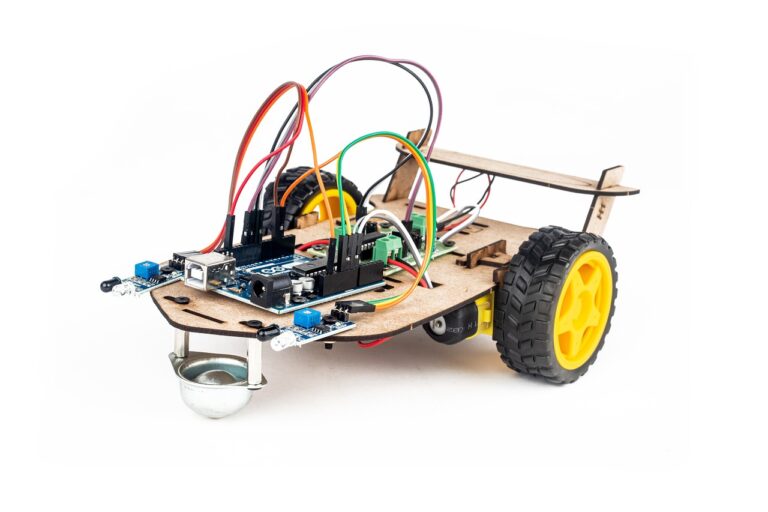Exploring Innovations in Language Learning Technology
Language learning technology continues to evolve rapidly, with the incorporation of artificial intelligence and machine learning algorithms becoming more prevalent. These technologies enable personalized learning experiences by analyzing learners’ strengths and weaknesses to tailor instruction accordingly. Additionally, the rise of mobile applications and online platforms has provided learners with convenient access to language learning resources anytime, anywhere.
Another emerging trend in language learning technology is the gamification of learning processes. By integrating game elements such as points, rewards, and competition into language learning applications, developers aim to increase engagement and motivation among learners. Furthermore, virtual reality technology is being harnessed to create immersive language learning experiences, allowing users to practice real-life communication scenarios in a simulated environment.
The Impact of Artificial Intelligence on Language Learning
Artificial Intelligence (AI) is revolutionizing the landscape of language learning by providing personalized and interactive learning experiences for learners of all levels. Through AI-powered platforms and applications, students can receive immediate feedback, tailored learning materials, and adaptive exercises that cater to their individual needs and learning styles.
AI algorithms can analyze language patterns and track progress, enabling learners to improve their speaking, listening, reading, and writing skills effectively. Moreover, AI technology can simulate real-life conversations and situations, creating immersive learning environments that enhance language acquisition and comprehension.
Virtual Reality and its Role in Language Acquisition
Virtual reality technology is revolutionizing the way language acquisition is approached in educational settings. By immersing learners in simulated environments where they can interact with native speakers and practice real-life scenarios, VR enhances language learning through experiential engagement. This hands-on approach helps learners develop their linguistic skills more effectively by providing them with a dynamic and interactive learning experience.
Moreover, virtual reality tools can cater to individual learning styles and preferences, offering personalized learning experiences that cater to the diverse needs of learners. The interactive nature of VR enables learners to engage with the language in a meaningful way, helping them improve their listening, speaking, and comprehension skills. As a result, virtual reality is increasingly being integrated into language learning curricula, offering a cutting-edge and engaging approach to language acquisition.
• Virtual reality technology revolutionizing language acquisition in educational settings
• Immersing learners in simulated environments for interaction with native speakers
• Enhances language learning through experiential engagement
• Hands-on approach helps develop linguistic skills effectively
• VR tools cater to individual learning styles and preferences
• Offers personalized learning experiences for diverse needs of learners
• Interactive nature of VR enables meaningful engagement with the language
• Helps improve listening, speaking, and comprehension skills
• Increasingly integrated into language learning curricula for cutting-edge approach
What are some current trends in language learning technology?
Some current trends in language learning technology include the use of mobile apps, gamification, and personalized learning platforms.
How is artificial intelligence impacting language learning?
Artificial intelligence is impacting language learning by providing personalized learning experiences, instant feedback, and adaptive learning paths based on individual progress.
How does virtual reality play a role in language acquisition?
Virtual reality enhances language acquisition by providing immersive, interactive environments where learners can practice real-life scenarios and engage with native speakers in a simulated setting.
Can virtual reality help improve language learning outcomes?
Yes, virtual reality has been shown to improve language learning outcomes by increasing engagement, motivation, and retention through experiential learning and interactive feedback.







